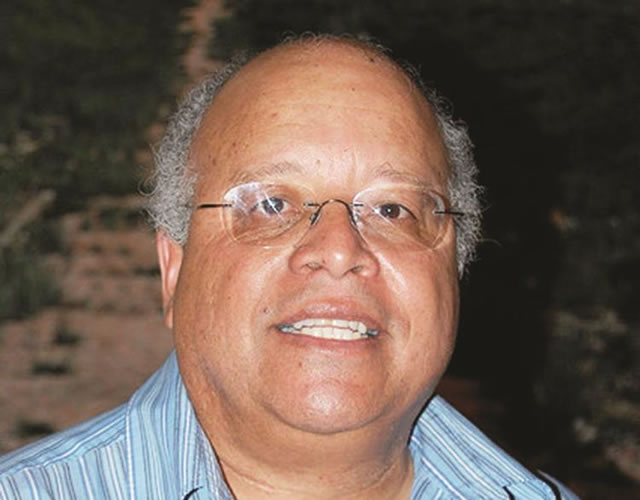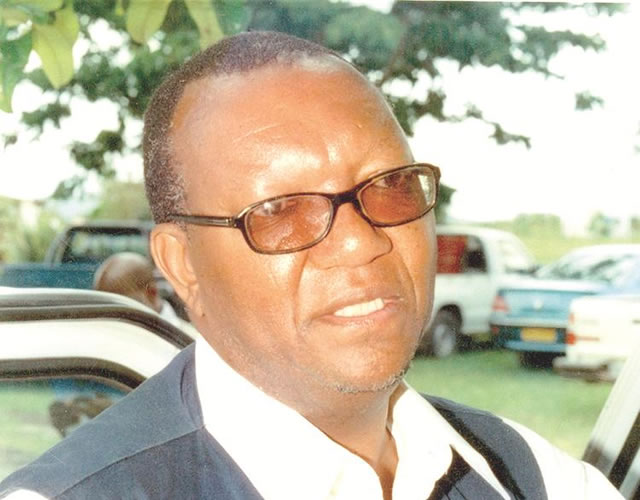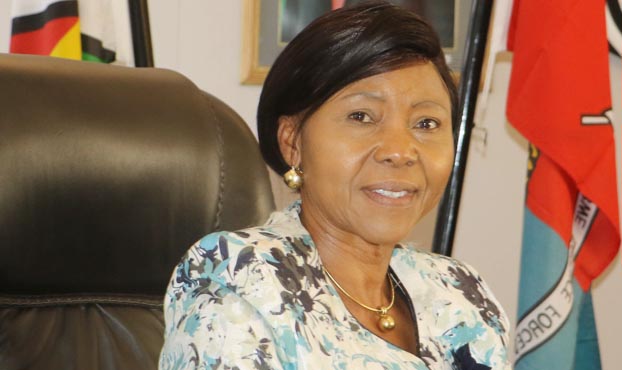No evidence of vote rigging: MDC-T advisor

Hebert Zharare Political Editor
THERE is no evidence that Zanu-PF rigged its way to a resounding victory in the harmonised elections as evidence points to five years of hard campaigning and mobilisation of new voters, one time leading advisor to the MDC-T, Professor Brian Raftopoulos has said.Prof Raftopoulos’ sentiments come hard on the heels of similar assertions by the chairperson of the Royal African Society Richard Dowden who, in an article titled “Mugabe Won, Britain Lost,” attributed Zanu-PF’s crushing victory to a sleek campaign and strong candidates.
“Meanwhile, (President) Mugabe’s Zanu-PF worked hard and at first, they listened to the people, appointed popular local candidates and did not rely on violence or the threat of violence to win support,” he said.
Prof Raftopolous, who chaired the pro-MDC-T lobby group Zimbabwe Institute — which at one time was involved with the Jomic secretariat — is now based in South Africa.
He made the revelations in a report on the harmonised elections released by the Solidarity Peace Trust, a non-governmental organisation, registered in South Africa and which is chaired by Bishop Rubin Phillip; Anglican Bishop of KwaZulu-Natal.
The report titled “The End of a Road: The 2013 Elections in Zimbabwe”, described how President Mugabe and Zanu-PF recovered from the near-miss of March 2008 to mobilise over a million new voters while MDC-T remained stuck on its support base as registered at the turn of the millennium.
“Mugabe and Zanu-PF not only retained a substantial social base in this year’s election, from ideological legacies, but also attracted further support from its ‘land reform’ programme which began in 2000 and saw about 200 000 poor families receive land taken, often violently, from white farmers . . . Zanu-PF’s won substantial extra support in the same period from the rapid growth of the informal mining sector,’’ Prof Raftopoulous said.
British establishment journalist, Peta Thornycroft, who is also based in South Africa penned a widely circulated article that acknowledged that the MDC-T’s support base had always been smaller than Zanu-PF’s.
“Zanu PF’s so-called indigenisation and empowerment policy also informed voters that supporting Zanu PF was the single most important criterion for access to state mediated economic opportunities,” Prof Raftopoulos was quoted as saying.
“The party manifesto itself as a localised capitalist oligarchy. Even as Zanu-PF largely kept the energies of the MDCs concentrated on the single issue of constitutional reform, the former concentrated its activities on election preparations.”
Prof Raftopoulos, formally an Associate Professor of Development Studies at the University of Zimbabwe, director of Research and Advocacy in the Solidarity Peace Trust, an NGO dealing with human rights issues in Zimbabwe.
He is also Mellon Senior Research Mentor at the Centre for Humanities Research at the University of the Western Cape and has served on the Advisory Board of the Journal of Southern African Studies
The MDC-T report says the MDC-T’s support was as it was in 2008 when it narrowly led Zanu-PF and had been relatively static ever since, yet the revolutionary party support was ballooning.
Prof Raftopoulos said Zanu-PF won substantial extra support in the same period from the rapid growth of the informal mining sector and its push for indigenization and empowerment programmes.
SPT noted in the report that over 25 percent of extraordinarily high voter turnout in the July 31 election was in Zanu-PF stronghold constituencies, while the MDC-T’s urban support plummeted.
“The leap in one million votes for Zanu-PF is hard to explain between 2008 and 2013 – but is more believable when seen as (only) 27 percent higher than their 2002 vote.”
SPT, which like other analysts admitted there was no proof of rigging, said it couldn’t establish whether the massive increase in the number of voters in many Zanu PF strongholds were ‘irregularities’ as the MDC claimed, or whether this was a result, as Zanu PF’s energetic voter registration campaign over the last five years.
Voting patterns in the constitutional referendum had Zanu-PF driving the “Yes” vote, while Zanu-PF primaries were highly subscribed compared to the MDC-T’s primaries and controversial confirmation exercises that was fraught with voter apathy.
MDC-T acknowledged the apathy in one of its election strategy documents titled “Priority Activities Ahead of 2013 Elections MDC-T’’, where it admitted to low voter registration turnout in its perceived strongholds.








Comments